Home>Articles>How Much Does It Cost To Switch Out An Electrical Cord
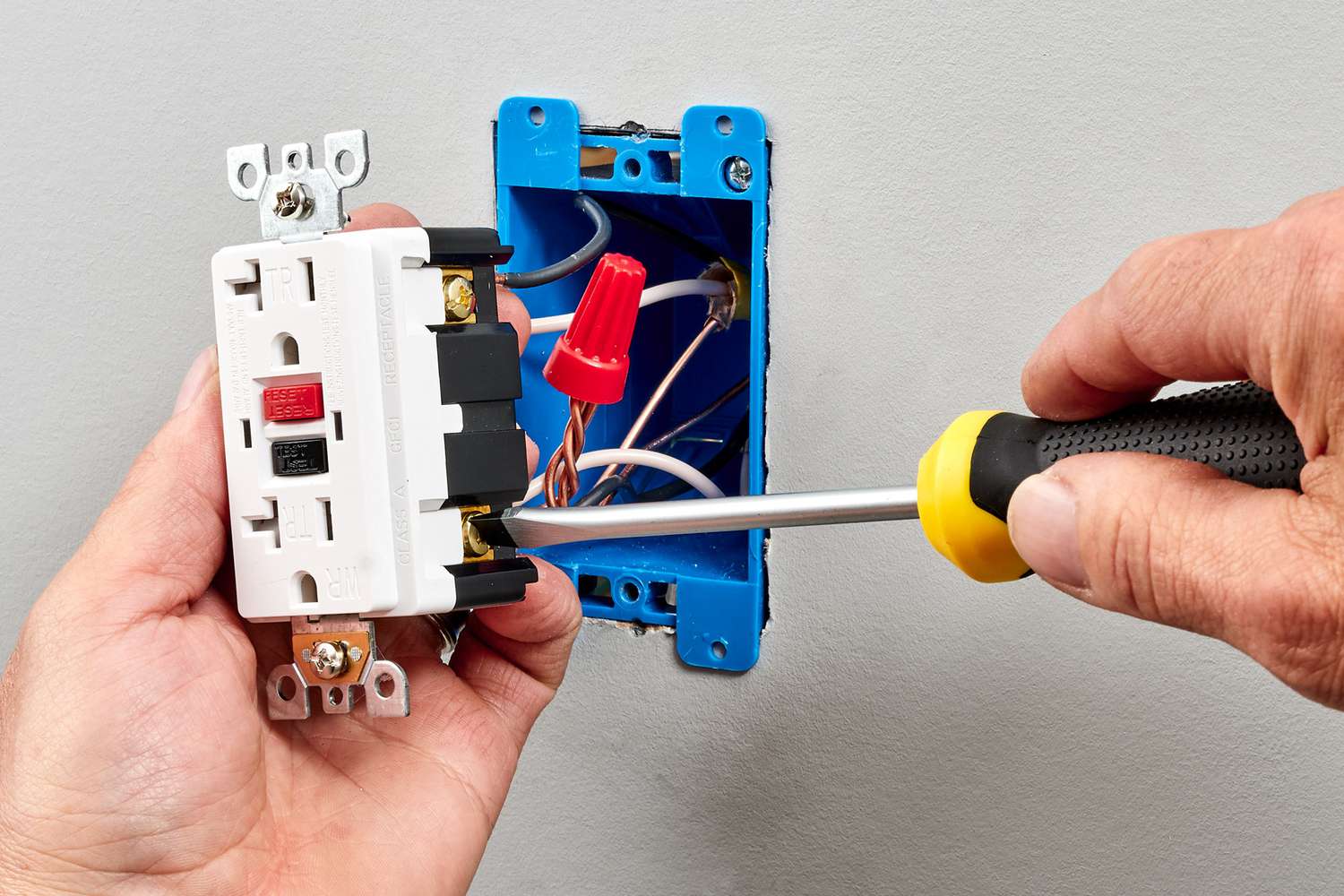

Articles
How Much Does It Cost To Switch Out An Electrical Cord
Modified: March 1, 2024
Find out the cost of replacing an electrical cord with our informative articles. Get expert tips and advice on handling electrical cord switches.
(Many of the links in this article redirect to a specific reviewed product. Your purchase of these products through affiliate links helps to generate commission for Storables.com, at no extra cost. Learn more)
Introduction
Whether you’re dealing with a frayed cord, a damaged plug, or simply want to upgrade to a longer or more durable option, replacing an electrical cord is a common task that may be necessary in various situations. However, before proceeding with the switch, it’s important to consider the cost implications associated with this process.
In this article, we will explore the factors that can affect the cost of switching out an electrical cord. From the price of the new cord itself to the labor involved in the replacement process, we will provide you with a comprehensive understanding of what to expect when it comes to the financial aspect of this project.
It’s worth noting that the cost can vary depending on various factors, including the type of cord, the length needed, and the complexity of the installation. By understanding these factors, you’ll be able to make an informed decision about whether to tackle the replacement yourself or hire a professional.
Now, let’s delve into the factors affecting the cost of switching out an electrical cord.
Key Takeaways:
- Consider the type, length, and brand of the new electrical cord, as well as potential labor and additional expenses, when estimating the cost of replacement. DIY options may range from $5 to $50, while hiring a professional electrician can cost $100 to $300 or more.
- Prioritize safety, quality, and budget considerations when deciding whether to replace an electrical cord yourself or hire a professional. Factor in potential additional expenses and seek accurate estimates to ensure a successful and cost-effective replacement process.
Factors Affecting the Cost
Several factors can influence the overall cost of switching out an electrical cord. It’s important to consider these factors to get a better understanding of the potential expenses involved:
- Type of Cord: The type of electrical cord you need will affect the cost. Different cords are designed for specific purposes and may come with varying price points. For example, a basic extension cord may be less expensive than a heavy-duty cord designed for outdoor use.
- Cord Length: The length of the cord you require can also impact the cost. Longer cords typically cost more than shorter ones due to the additional materials needed.
- Cord Specifications: Some cords may have additional specifications or features that increase their price. For example, cords with a higher amp rating or those designed for specialized equipment may be priced higher than standard cords.
- Brand and Quality: The brand and quality of the cord can influence its cost. Well-known and reputable brands often come with higher price tags. However, investing in a high-quality cord can be beneficial in terms of durability and safety.
- Complexity of Installation: The complexity of installing the new cord can impact the labor costs if you decide to hire a professional. If the replacement requires intricate wiring or additional modifications, it may take more time and skill, thereby increasing the overall cost.
- Location: The location in which you purchase the cord may affect the cost due to regional variations in pricing. It’s a good idea to compare prices from different suppliers or retailers to ensure you’re getting the best deal.
By taking these factors into account, you can have a better understanding of the potential cost associated with switching out an electrical cord. It’s important to carefully evaluate your needs and budget before making a decision. Now that we’ve looked at the factors affecting the cost, let’s move on to discussing the actual expenses involved.
Cost of the New Electrical Cord
The cost of the new electrical cord is a significant component of the overall expense when replacing an electrical cord. The price can vary depending on factors such as the type of cord, length, brand, and quality. Here are some factors to consider:
- Type of Cord: The type of cord you need will impact the cost. Basic extension cords or power cords for household appliances are generally more affordable compared to specialized cords for industrial equipment or heavy-duty outdoor use.
- Cord Length: The length of the cord required will affect the price. Longer cords typically cost more due to the increased amount of electrical wiring material needed.
- Brand and Quality: The brand and quality of the cord can impact the cost. Well-known brands often come with higher price tags due to their reputation for durability and safety. While higher-quality cords may be pricier upfront, they tend to be more reliable and last longer in the long run.
It’s essential to shop around and compare prices from different suppliers and retailers to find the best deal. Online marketplaces, electrical supply stores, and local hardware stores are good places to start your search. Additionally, consider reading reviews and ratings of the specific cord you’re interested in to ensure its quality and suitability for your needs.
While there isn’t a specific average cost for a new electrical cord as it can vary greatly, you can expect to spend anywhere from $5 to $50 or more, depending on the factors mentioned above.
Now that we’ve explored the cost of the new electrical cord, let’s move on to discussing the labor costs involved in replacing the cord.
Labor Costs
The labor costs associated with replacing an electrical cord can vary depending on whether you decide to tackle the task yourself or hire a professional electrician. Here are some factors to consider when it comes to labor costs:
- DIY Replacement: If you have the necessary knowledge and skills, you may choose to replace the electrical cord yourself. This option can save you money on labor costs. However, it’s crucial to ensure your competence in handling electrical work safely and effectively. Remember to follow proper safety precautions, including turning off the power source and using appropriate tools.
- Hiring a Professional: If you’re not confident in your abilities or the replacement requires complex wiring, it’s advisable to hire a licensed electrician. Electricians have the expertise and experience to handle the job safely and efficiently. The cost of hiring a professional electrician will vary depending on factors such as their level of experience, location, and the complexity of the installation. Hourly rates can range from $50 to $150 or more.
Before making a decision, consider your comfort level with the task and the potential risks involved. If you’re unsure about your abilities or concerned about the safety implications, it’s best to leave the job to a professional. Hiring a licensed electrician ensures that the replacement is done correctly and meets the necessary safety standards.
Keep in mind that labor costs also depend on the time required to complete the replacement. A straightforward cord replacement may take less time, resulting in lower labor costs. However, if there are additional complications or modifications needed, it may increase the overall labor expenses.
Now that we’ve explored the labor costs involved, let’s move on to discussing any additional expenses that may arise when switching out an electrical cord.
When switching out an electrical cord, consider the length and gauge of the new cord, as well as the type of plug needed. Prices can vary depending on these factors, so it’s important to do your research and choose the right cord for your needs.
Additional Expenses
When switching out an electrical cord, there may be additional expenses that you need to consider. These expenses can vary depending on your specific situation and the requirements of the replacement. Here are some potential additional expenses:
- Tools and Equipment: Depending on the complexity of the replacement and the tools you already have, you may need to purchase or rent specialized electrical tools and equipment. Some common tools that may be necessary include wire cutters, wire strippers, electrical tape, and a multimeter. Calculating the cost of these tools is important if you plan to complete the replacement yourself.
- Permits and Inspections: In certain jurisdictions, replacing an electrical cord may require obtaining permits and scheduling inspections to ensure compliance with local building codes and regulations. These permits and inspections can incur additional costs. It’s essential to check with your local authorities to determine if any permits or inspections are necessary and factor in the associated expenses.
- Additional Repairs or Upgrades: During the replacement process, you may discover other electrical issues that need to be addressed, such as faulty outlets or wiring problems. These additional repairs can increase the overall expenses. It’s important to be prepared for any potential repairs or upgrades that may arise during the replacement process.
To avoid unexpected expenses, it’s advisable to carefully assess your electrical system and consider any potential issues before embarking on the cord replacement. By taking these potential additional expenses into account, you can budget accordingly and ensure a smooth replacement process.
Now that we’ve discussed the potential additional expenses, let’s move on to looking at some average cost estimates for switching out an electrical cord.
Average Cost Estimates
When estimating the cost of switching out an electrical cord, it’s important to consider the factors we’ve discussed, such as the cost of the new cord, labor costs, and potential additional expenses. While the overall cost can vary depending on various factors, here are some average cost estimates to give you an idea:
- D.I.Y. Replacement: If you choose to replace the electrical cord yourself, the cost will primarily consist of the price of the new cord. On average, a basic cord suitable for household appliances can range from $5 to $20, while heavy-duty cords or specialized cords can cost $20 to $50 or more. Keep in mind that you may need to factor in the cost of any additional tools or equipment required for the replacement.
- Hiring a Professional: If you decide to hire a professional electrician to replace the cord, the overall cost will include the price of the cord, labor fees, and any additional expenses. On average, hiring a professional electrician can cost between $100 to $300, depending on factors such as their hourly rate, the complexity of the installation, and your location.
It’s worth noting that these estimates are rough averages and can vary depending on your specific circumstances. Factors like the type of cord, length, brand, quality, and any additional repairs required can impact the final cost. It’s advisable to request quotes from different electricians and suppliers to get a more accurate estimate based on your specific needs.
Remember, the importance of choosing the right cord for your needs and ensuring proper installation cannot be overstated. Prioritize safety and quality to avoid potential hazards or the need for further replacements in the future.
Now that we’ve explored the average cost estimates, let’s conclude our discussion on switching out an electrical cord.
Conclusion
Switching out an electrical cord is a common task that may be necessary in various situations, whether you’re dealing with a damaged cord or simply want to upgrade to a longer or more durable option. However, it’s important to consider the cost implications associated with this process.
In this article, we’ve explored the factors that can affect the cost of switching out an electrical cord. From the cost of the new cord itself to the labor involved in the replacement process, several factors come into play. The type of cord, length, brand, and quality will impact the cost of the new cord, while the complexity of the installation will influence labor costs.
Additionally, there may be additional expenses to consider, such as the cost of tools and equipment, permits and inspections, and any potential additional repairs or upgrades that need to be addressed during the replacement process.
While the cost of switching out an electrical cord can vary depending on these factors, average estimates suggest that a DIY replacement may cost between $5 to $50 if you choose to tackle the task yourself, while hiring a professional electrician can range from $100 to $300 or more, depending on various factors.
It’s important to carefully evaluate your needs, budget, and comfort level with the task before making a decision. Prioritize safety and quality when choosing the right cord and consider hiring a professional electrician if you’re unsure or if the replacement requires intricate wiring or modifications.
By understanding the factors affecting the cost and estimating the potential expenses, you can make an informed decision about switching out an electrical cord and ensure a successful and cost-effective replacement process.
Remember, electrical work can be complex and dangerous if not done properly. If you’re unsure about any aspect of the replacement, it’s always best to consult with a licensed electrician to ensure the safety and efficiency of your electrical system.
Frequently Asked Questions about How Much Does It Cost To Switch Out An Electrical Cord
Was this page helpful?
At Storables.com, we guarantee accurate and reliable information. Our content, validated by Expert Board Contributors, is crafted following stringent Editorial Policies. We're committed to providing you with well-researched, expert-backed insights for all your informational needs.
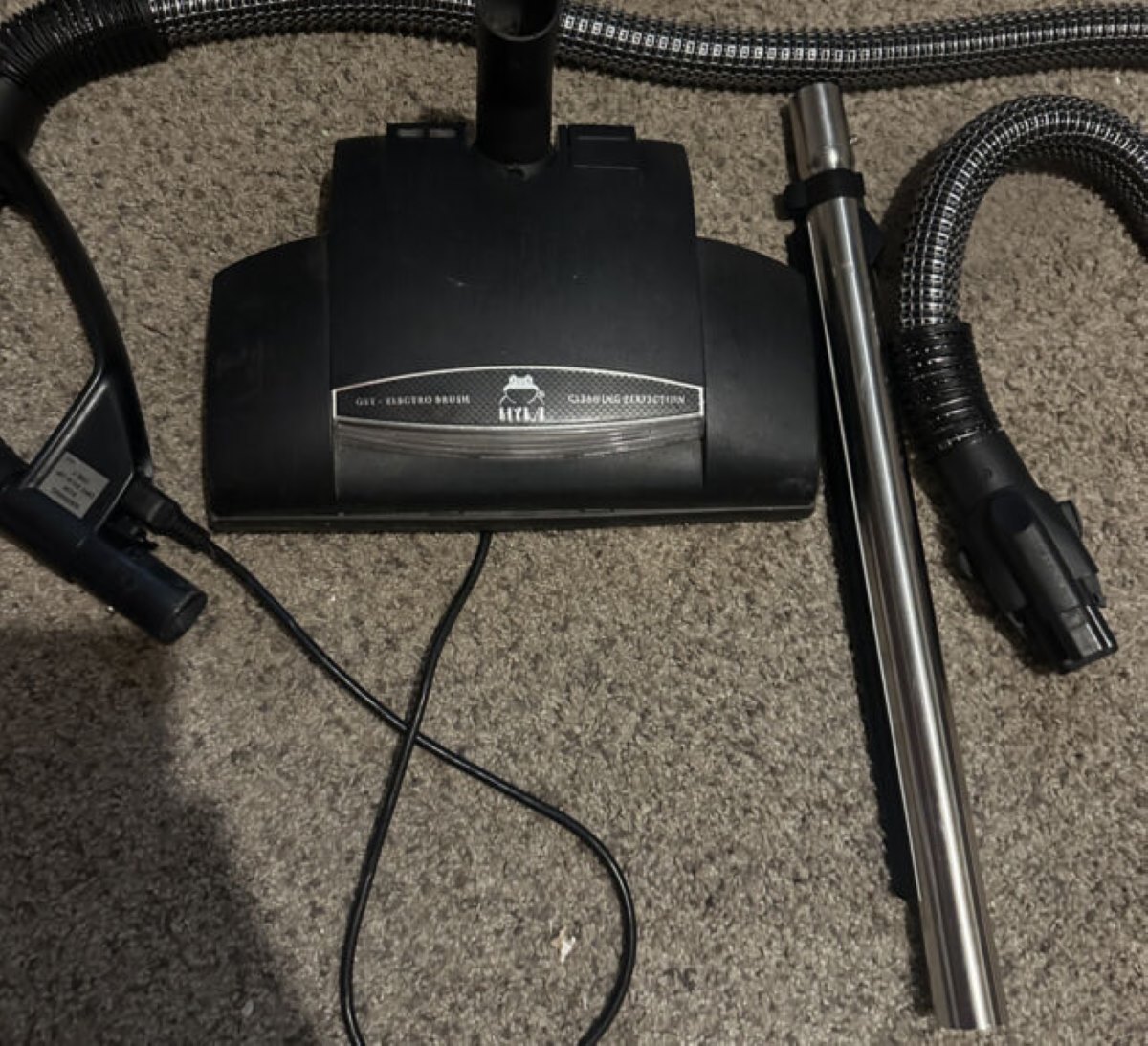
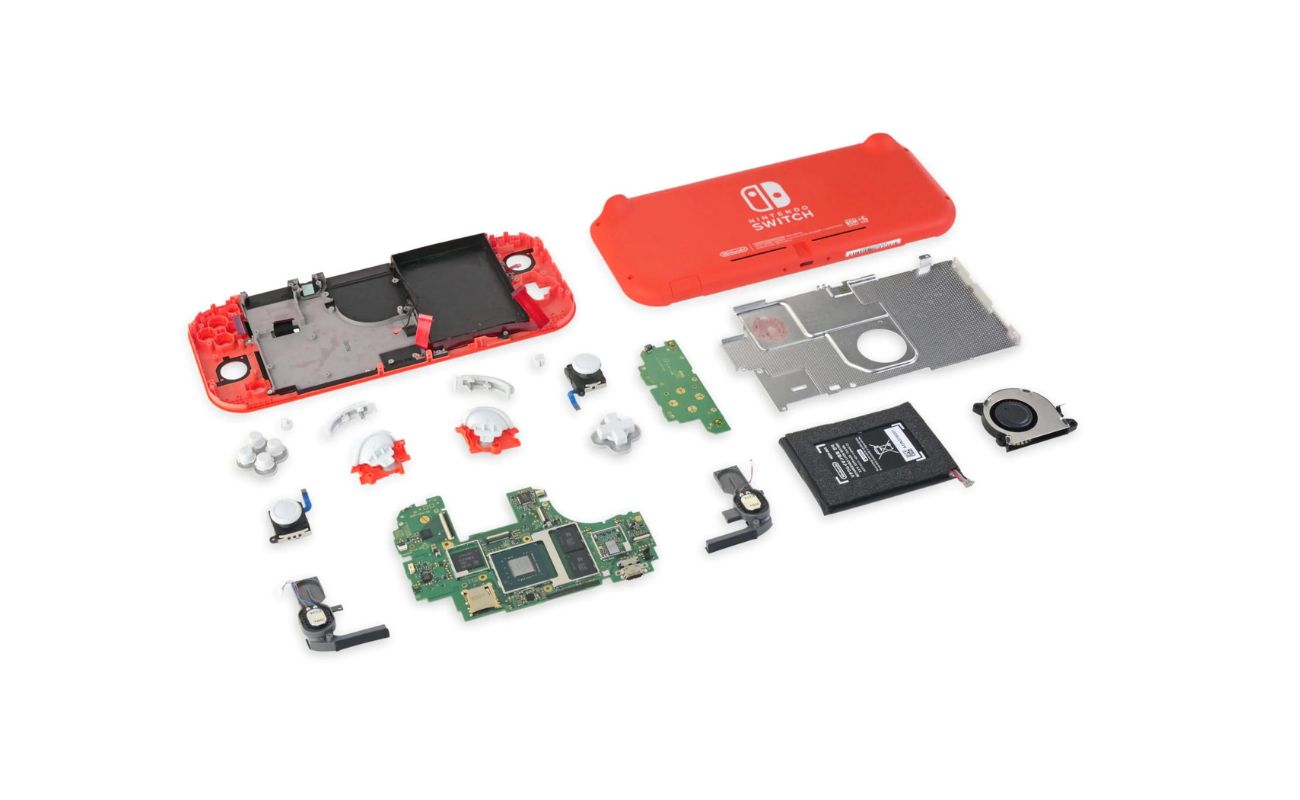
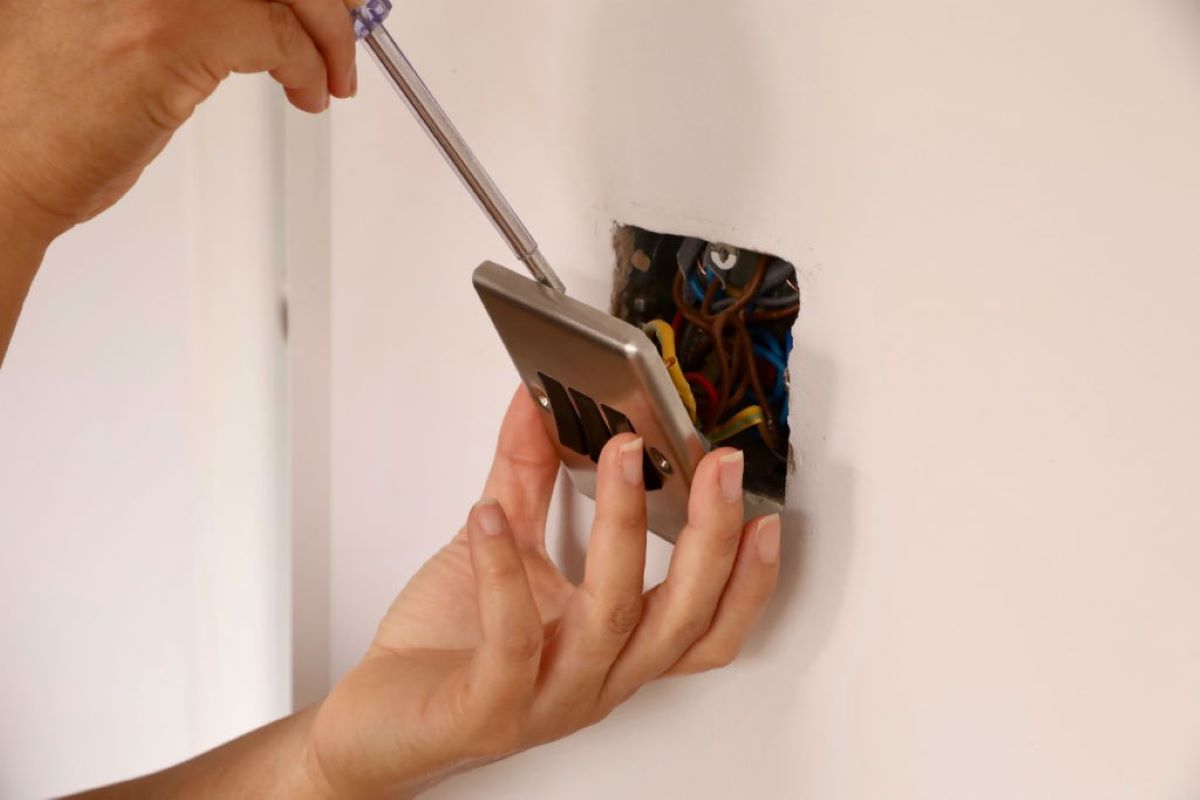
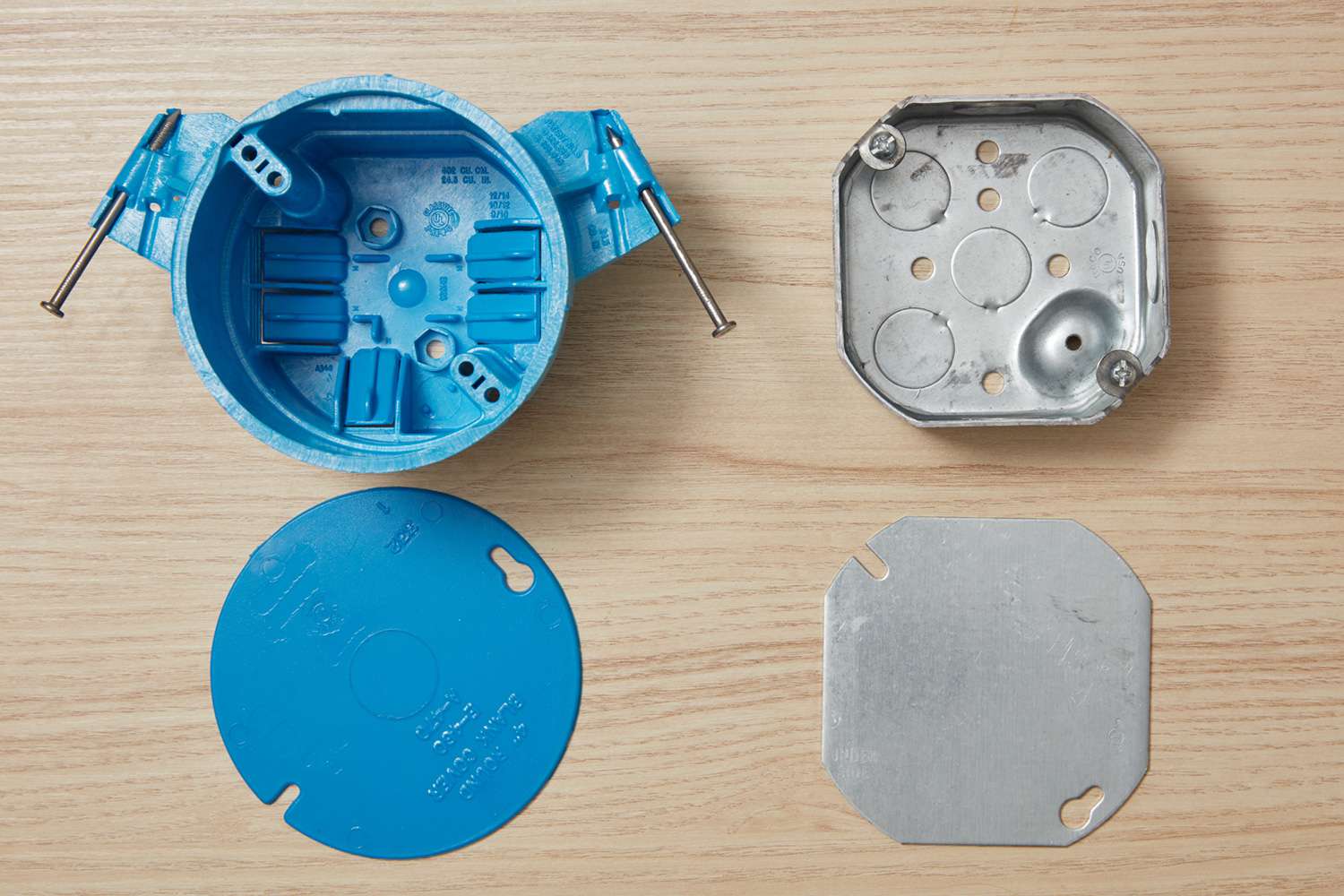
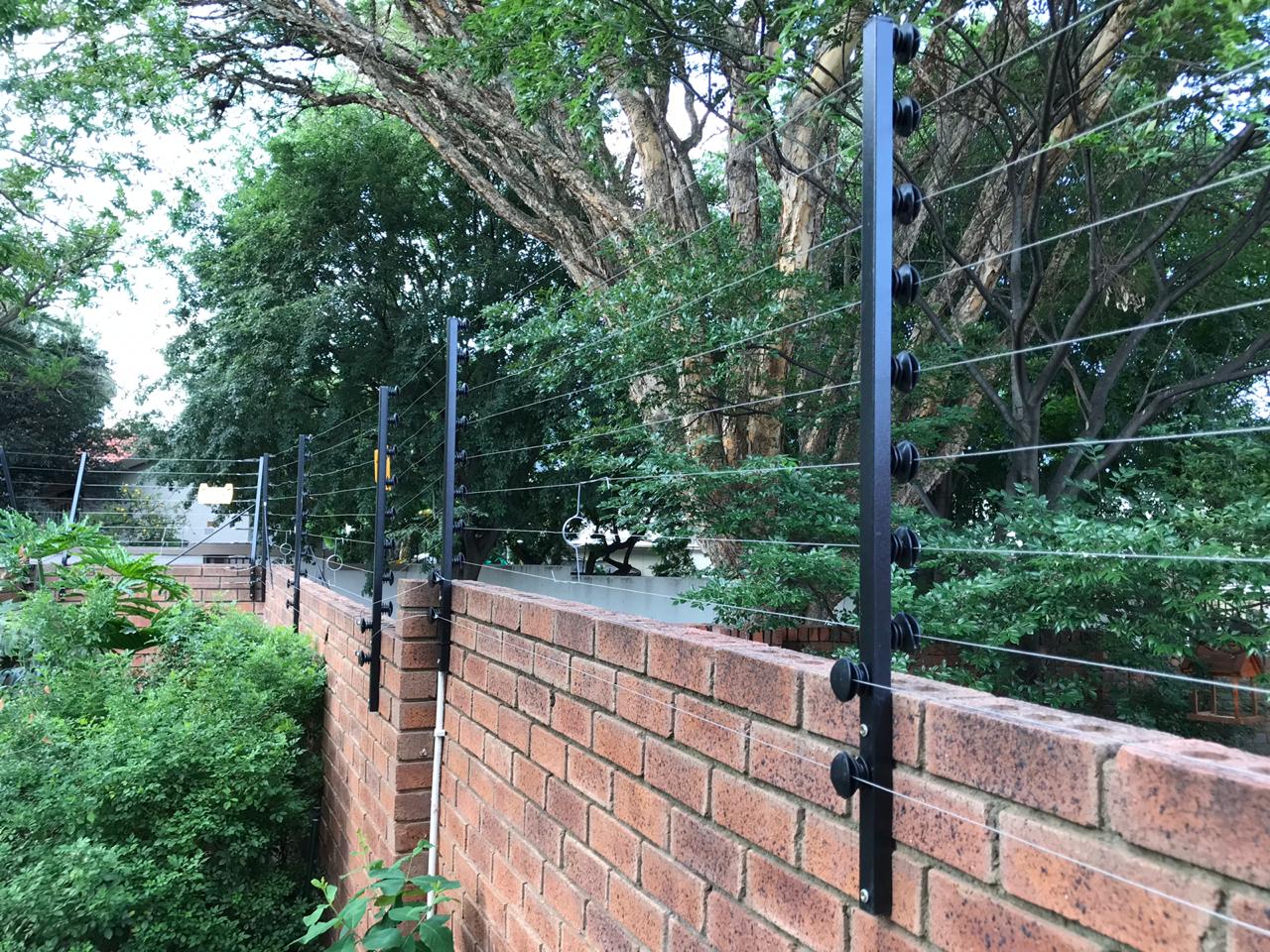
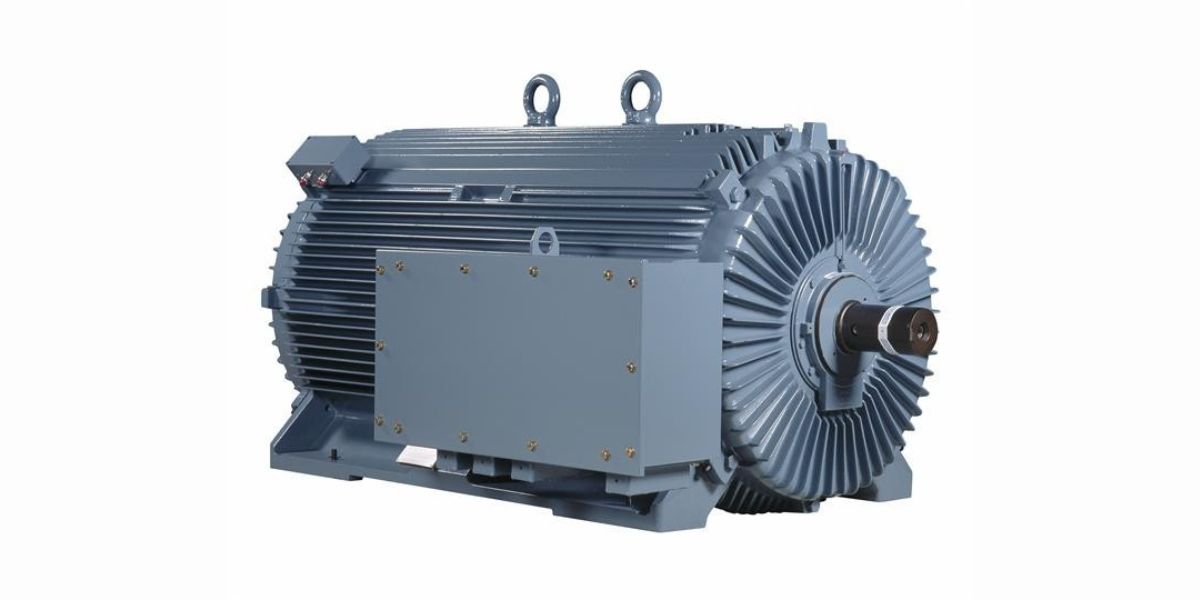
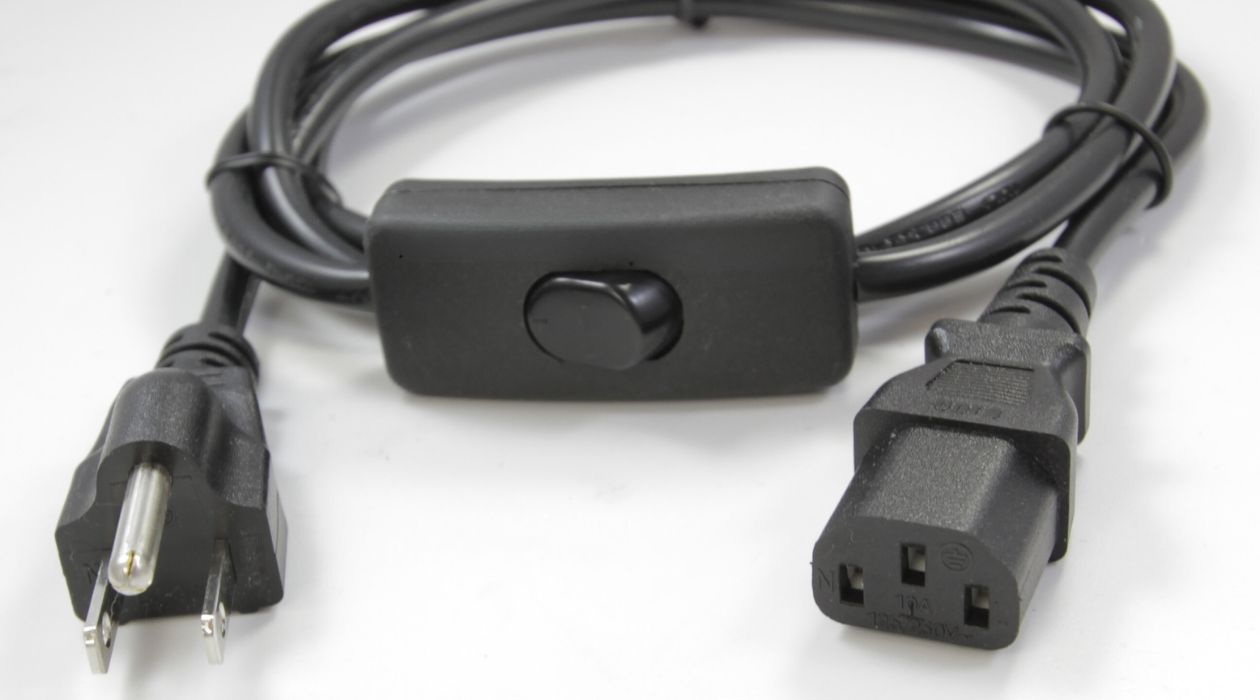


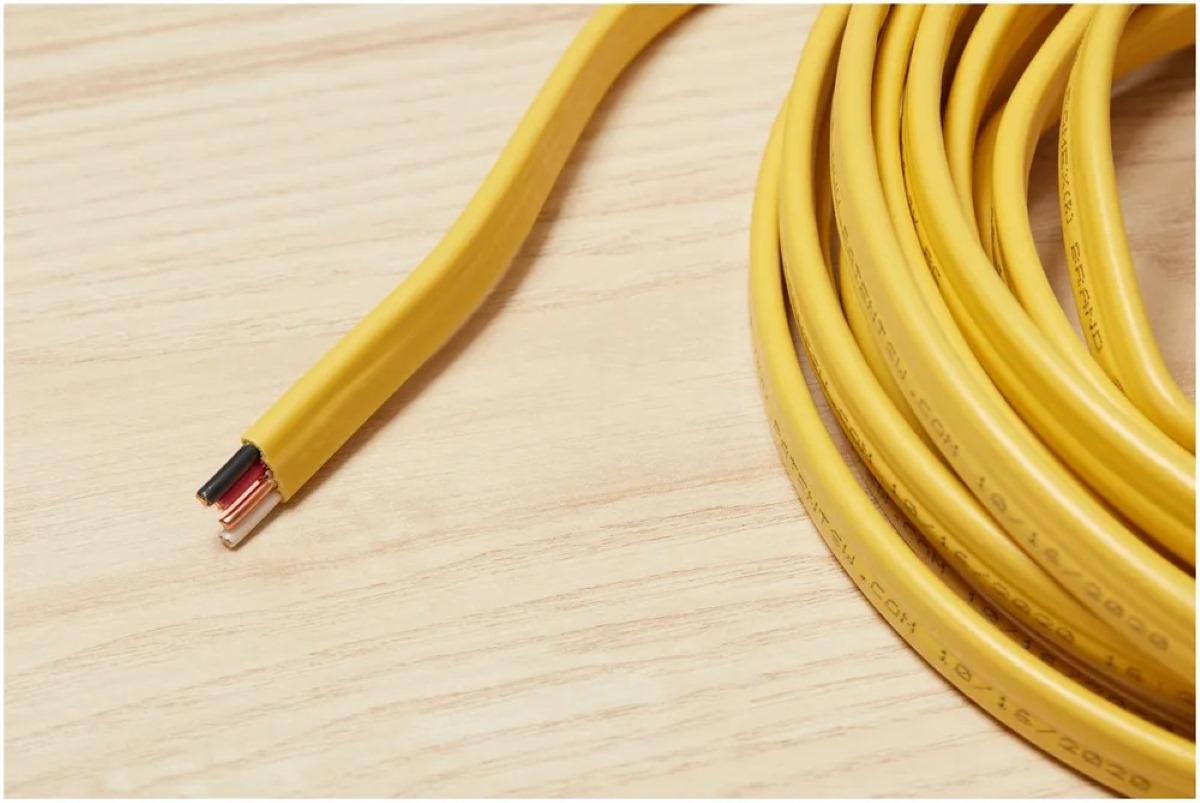
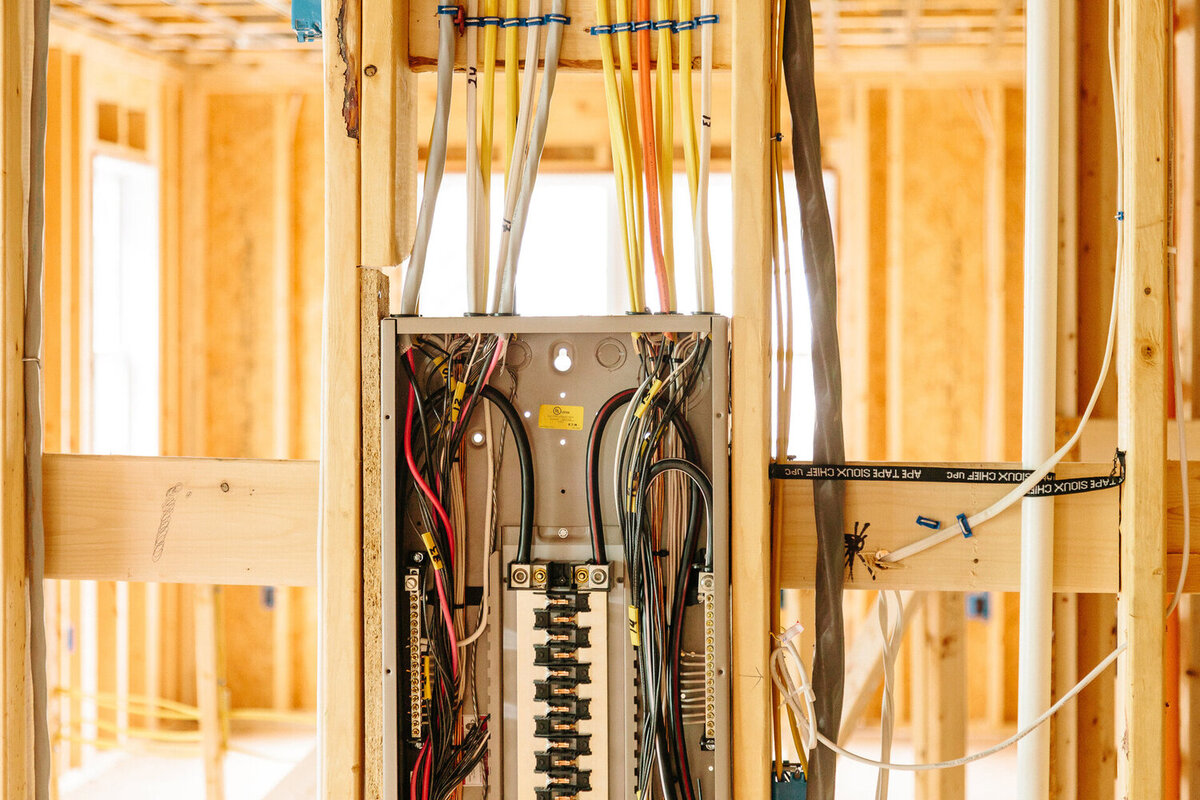
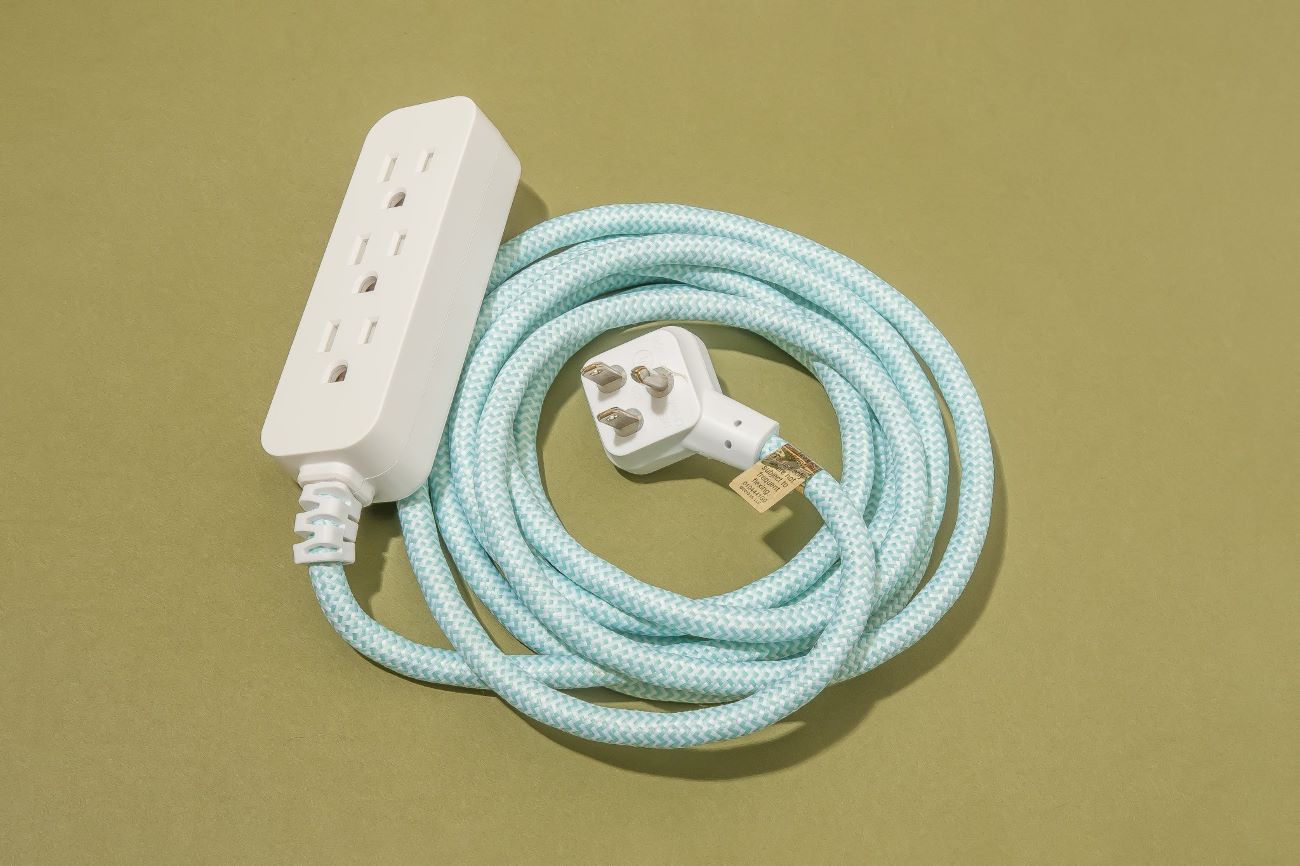
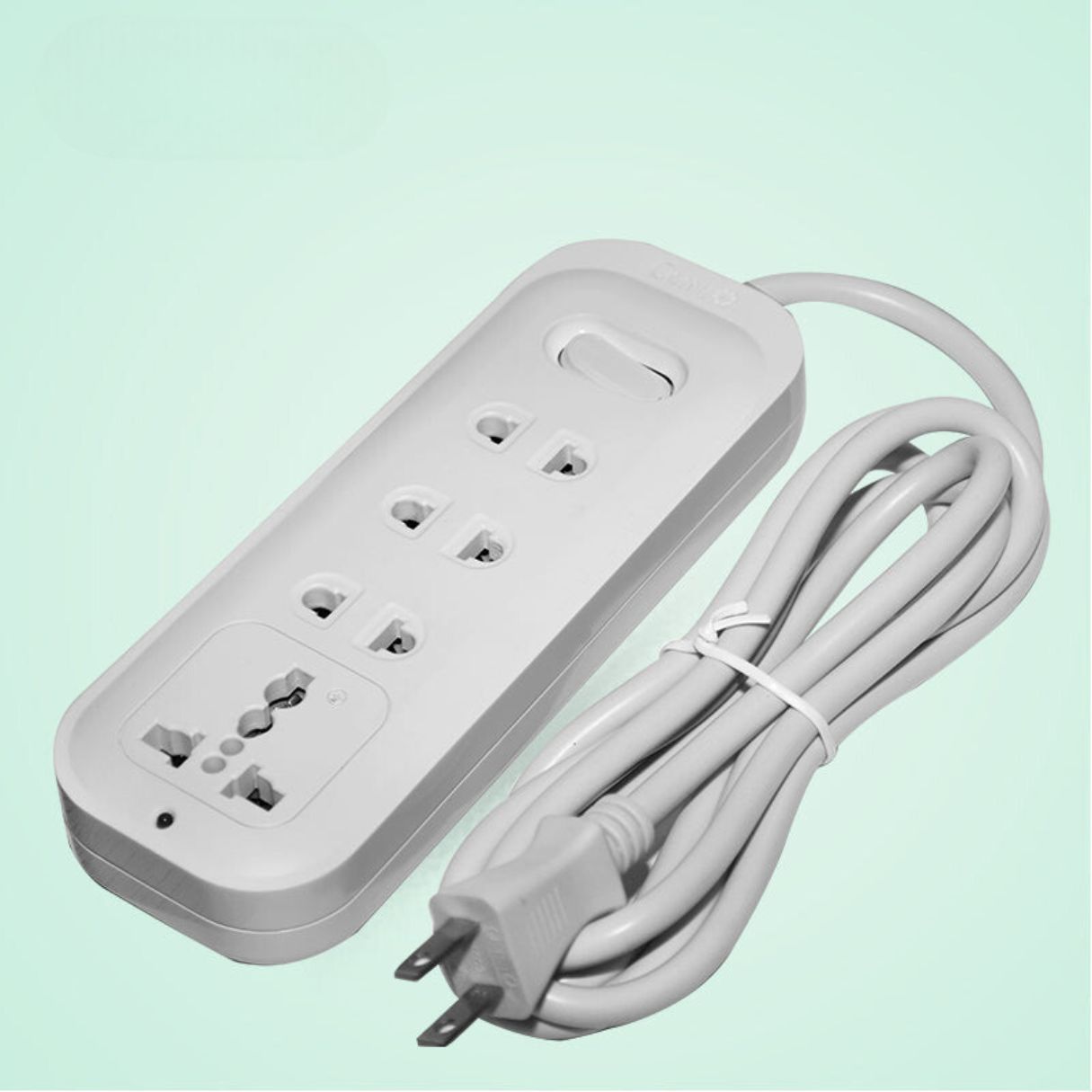
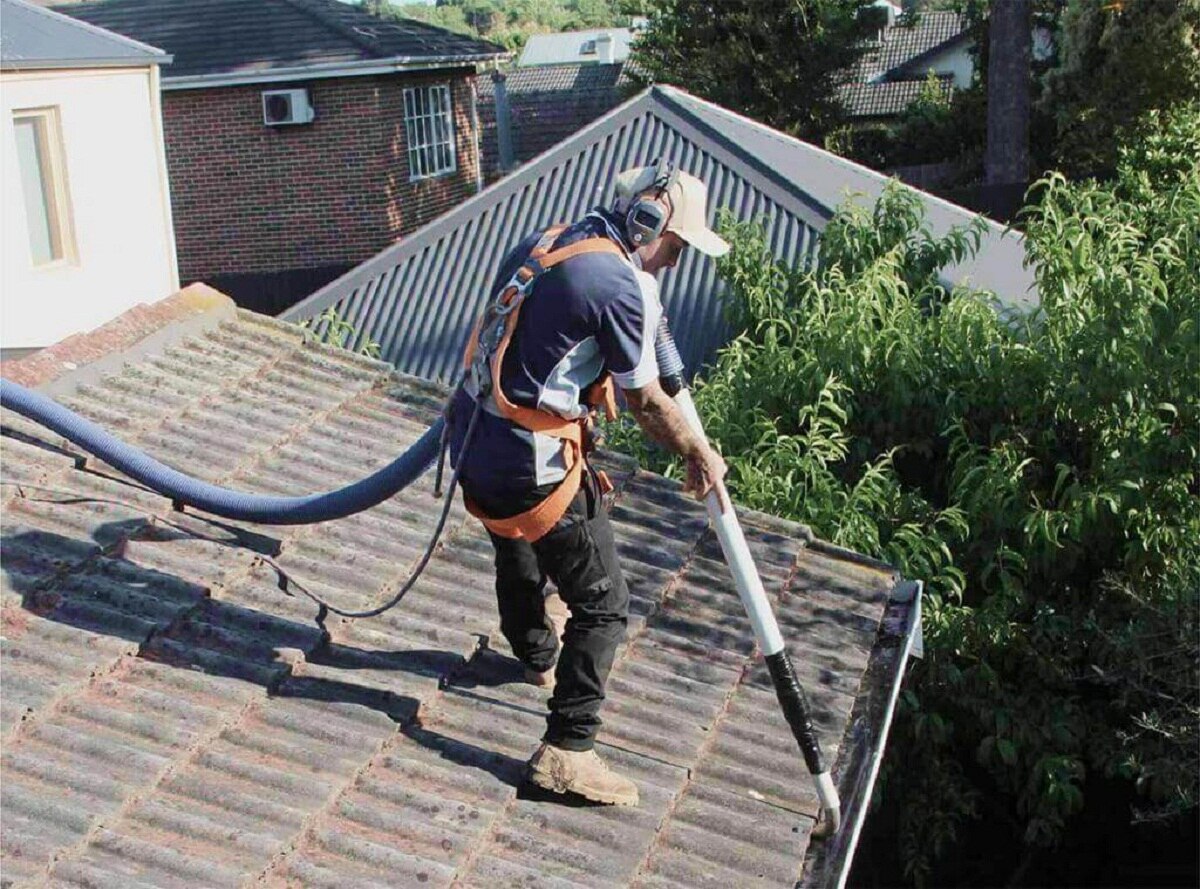

0 thoughts on “How Much Does It Cost To Switch Out An Electrical Cord”